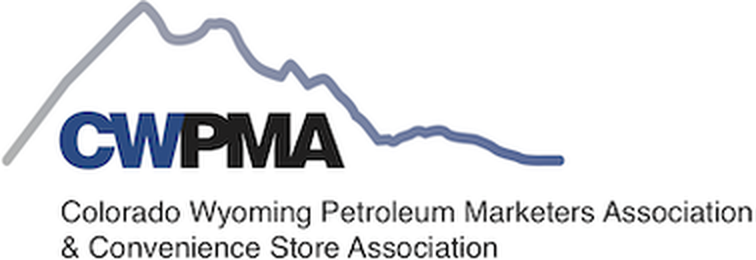Reminder: Employers Must Switch to All Electronic Inquiries for Driver Preemployment Drug and Alcohol Violation Investigations Beginning January 6, 2023
The Federal Motor Carrier Safety Administration (FMCSA) requires prospective employers of CDL drivers to conduct background investigations before hiring a CDL driver. This process includes determining if the driver has violated U.S. Department of Transportation drug and alcohol regulations within the past three years. Currently, this inquiry requires prospective employers to conduct both electronic queries in the FMCSA Clearinghouse and manual inquiries with previous employers to satisfy federal preemployment driver drug and alcohol investigation requirements. Both manual and electronic inquiries are required because the Clearinghouse currently contains less than three years of electronic data on driver drug and alcohol history.
However, beginning January 6, 2023, the Clearinghouse will have accumulated three years of data on driver history. This means prospective employers must begin conducting electronic pre-employment queries of the Clearinghouse to comply with the FMCSA drug and alcohol violation investigation. requirement. Manual preemployment inquiries will no longer satisfy FMCSA drug and alcohol inquiry requirements. Additional Information can be found in the EMA Drug and Alcohol Clearinghouse Compliance Bulletin.
Reminder: Federal Oil Spill Liability Tax and the Federal Superfund Tax are Paid by Refiners
EMA has received numerous inquiries from marketers concerning the Federal Oil Spill Liability Tax (OSLT) and the Federal Superfund Tax (SFT). Many suppliers break out the two taxes on product transfer documents (PTDs) resulting in confusion on how the taxes impact energy marketers below the terminal rack. The confusion is compounded when suppliers use different nomenclature for the OSLT and the SFT including: “Superfund tax or fee,” “Oil Spill tax or fee,” “environmental remediation tax or fee,” “petroleum spill fee,” etc.
Two Separate Taxes: The OSLT and SFT are two separate federal environmental taxes imposed on crude oil. The OSLT was enacted by Congress in response to the 1989 Exxon Valdez crude oil spill in Prince William Sound, Alaska. The $0.09 per barrel tax on crude oil from the OSLT funds the Oil Spill Liability Trust Fund which pays for the removal costs and damages from oil spills, or substantial threats of oil spills into the navigable waters of the United States. The SFT was created by Congress in 1980 in response to the discovery of a leaking hazardous waste dump under the Love Canal, a residential neighborhood in Niagara Falls, NY. The SFT was recently reinstated by Congress effective January 1, 2023. The $0.164 per barrel tax on crude oil collected under the SFT funds the Hazardous Substance Response Trust Fund which pays for clean-up of abandoned hazardous waste sites. Many of these sites contain petroleum contamination that was intentionally dumped rather than accidently released.
Only Refiners and Crude Oil Importers are Liable for the OSLT and SFT: Both the OSLT and the SFT are levied on crude oil. Therefore, only refiners and crude importers are liable to pay the tax. Some terminal operators, particularly those with refinery facilities, break out the tax on PTDs passed down below the terminal rack. The line-item breakout generally identifies the added cost per gallon of the tax for each product, minus the volume percent of any non-crude feedstocks blended with the fuels including ethanol and biodiesel. Some terminals do not break out the OSLT and the SFT separately but instead, pass it down as a cost included in the wholesale rack price of fuels derived from crude oil. Neither energy marketers or their customers are liable for the taxes. There is no federal provision requiring downstream energy marketers to include the line-item breakouts of either tax on PTDs, invoices, supply agreements, or contract bids passed on to their customers. Tax exempt customers may question the payment of a “tax” when receiving documents, including contract bids and invoices that break out the OSLT and SFT as separate line items. All liability for both the OSLT and SFT tax ends once it is paid by refiners or crude oil importers.
2023 Federal Motor Fuel Excise Tax Rates and Credits
